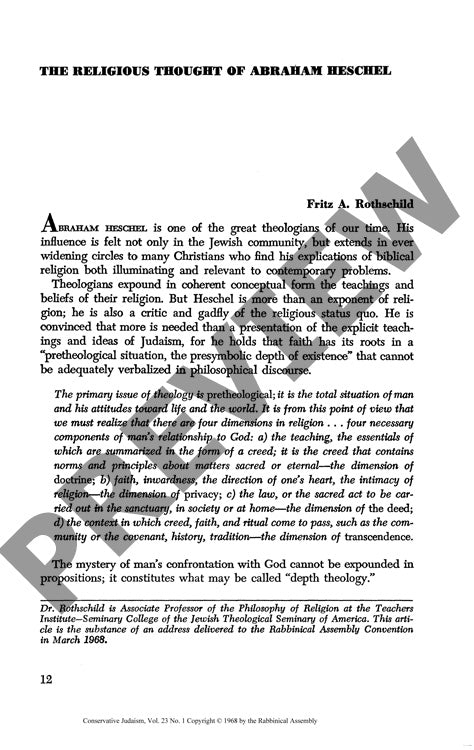The Religious Thought of Abraham Heschel
Couldn't load pickup availability
Abraham Heschel's theological vision bridged two worlds: the passionate piety of Eastern European Judaism and the analytical rigor of Western scholarship. As one of the most influential Jewish theologians of the modern era, Heschel developed a threefold approach to divine reality: sensing God's presence in nature, recognizing divine presence in sacred texts, and experiencing God through ritual action. His concept of "depth theology" delved beneath conventional philosophical discourse to explore the pre-theological foundations of religious experience. At the heart of Heschel's thought lies the doctrine of divine pathos, which portrays God not as an abstract principle but as personally engaged with creation. Operating simultaneously on empirical, phenomenological, and philosophical levels, Heschel drew from Jewish sources while engaging broader audiences through systematic argumentation. His methodology emphasized the primacy of religious practice - the "leap of action" - over mere intellectual understanding. This comprehensive analysis reveals how Heschel crafted a philosophical framework that speaks to contemporary existential concerns while maintaining traditional Jewish integrity, offering a sophisticated alternative to both rationalistic religion and secular materialism.

More Information
-
Physical Description
-
Publication Information
Published 1968
ISBN
-
Publication Credits
Fritz Rothschild

